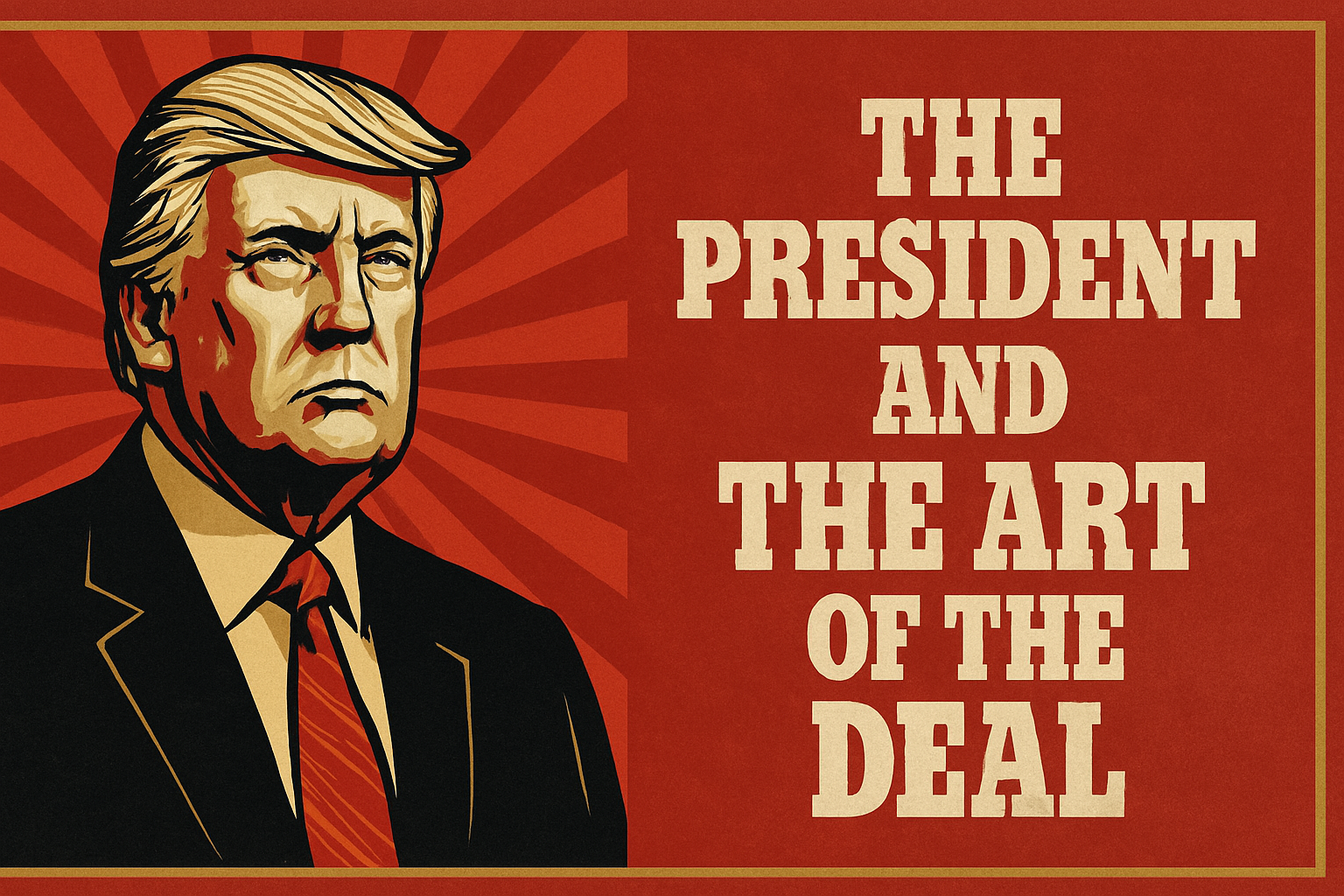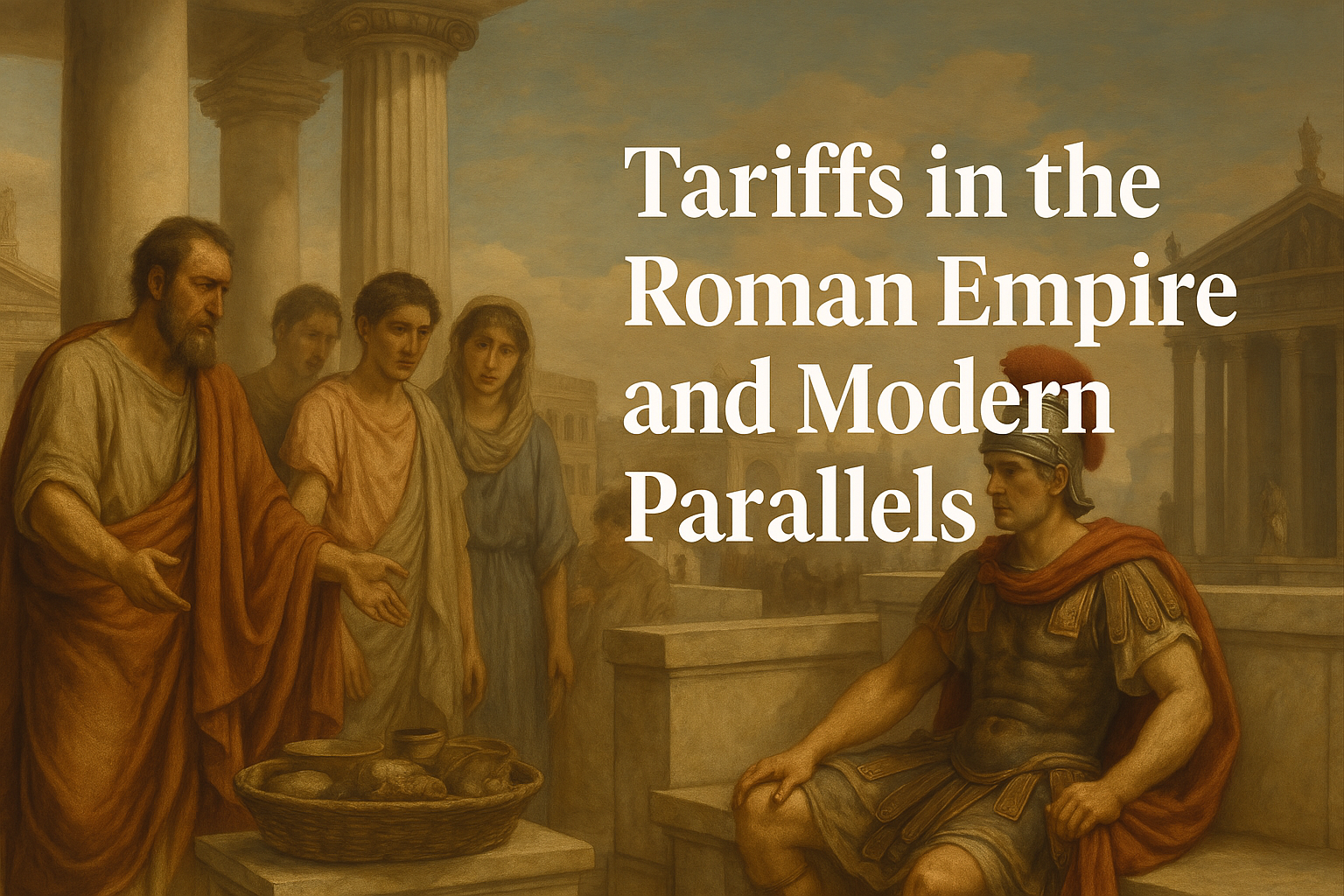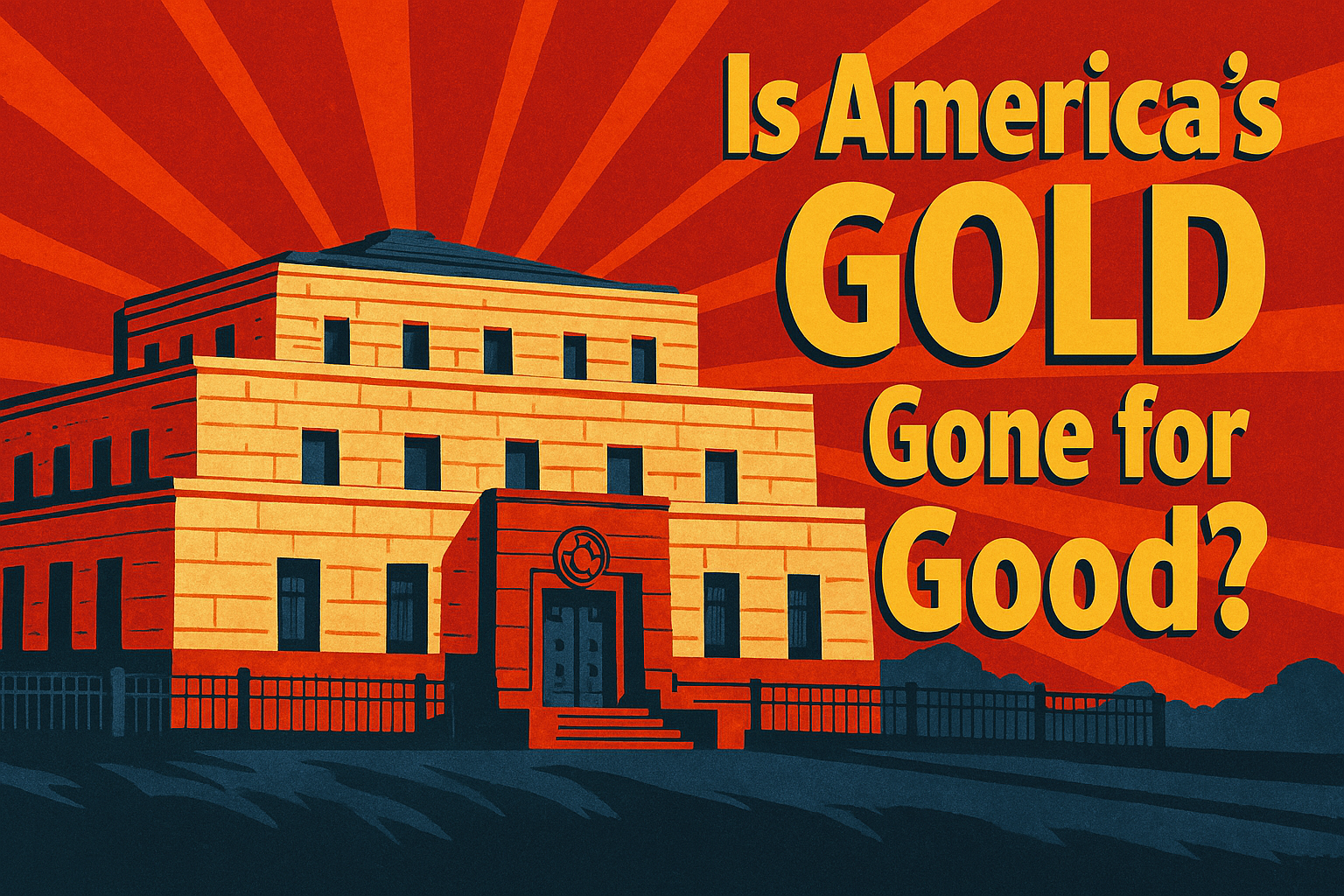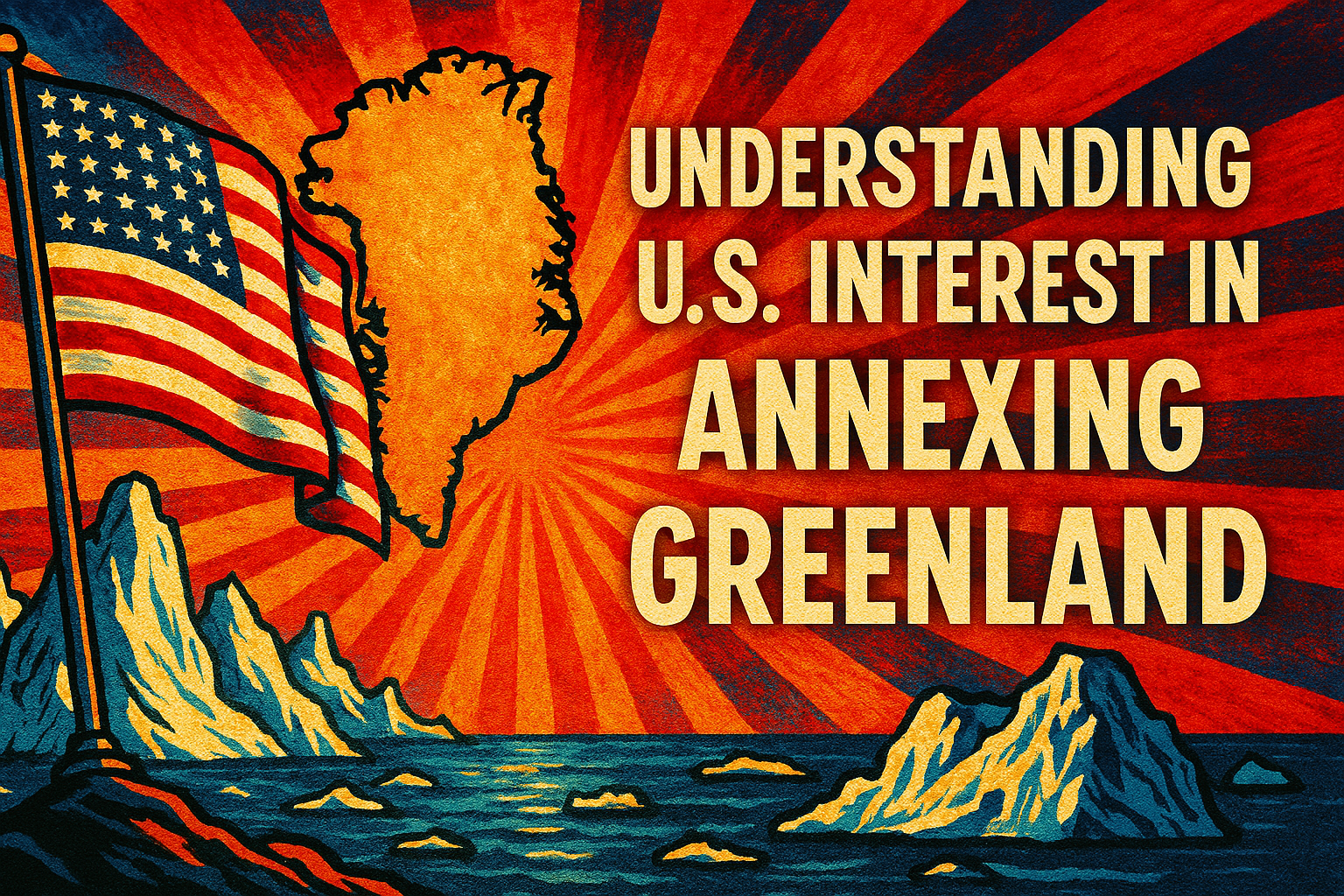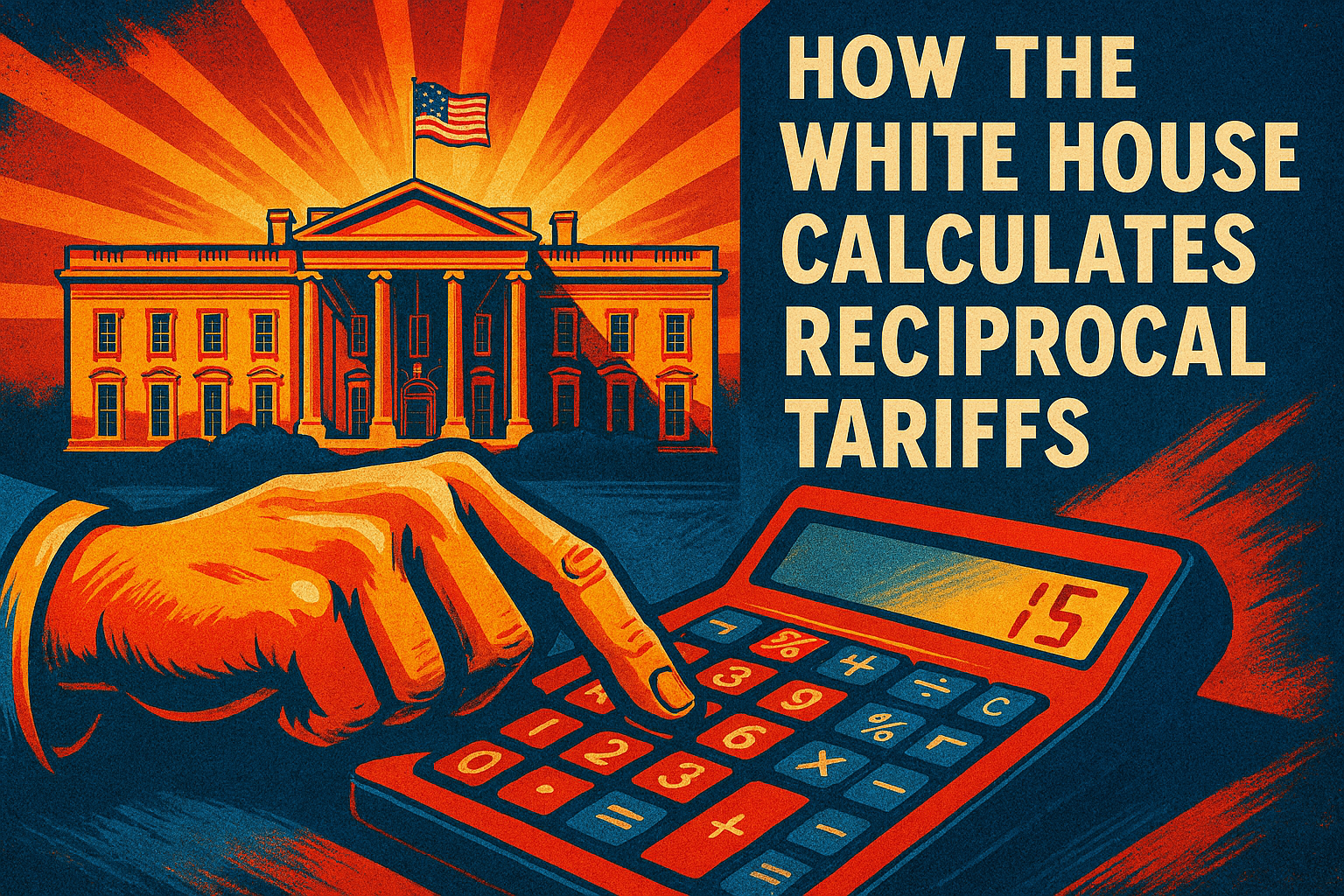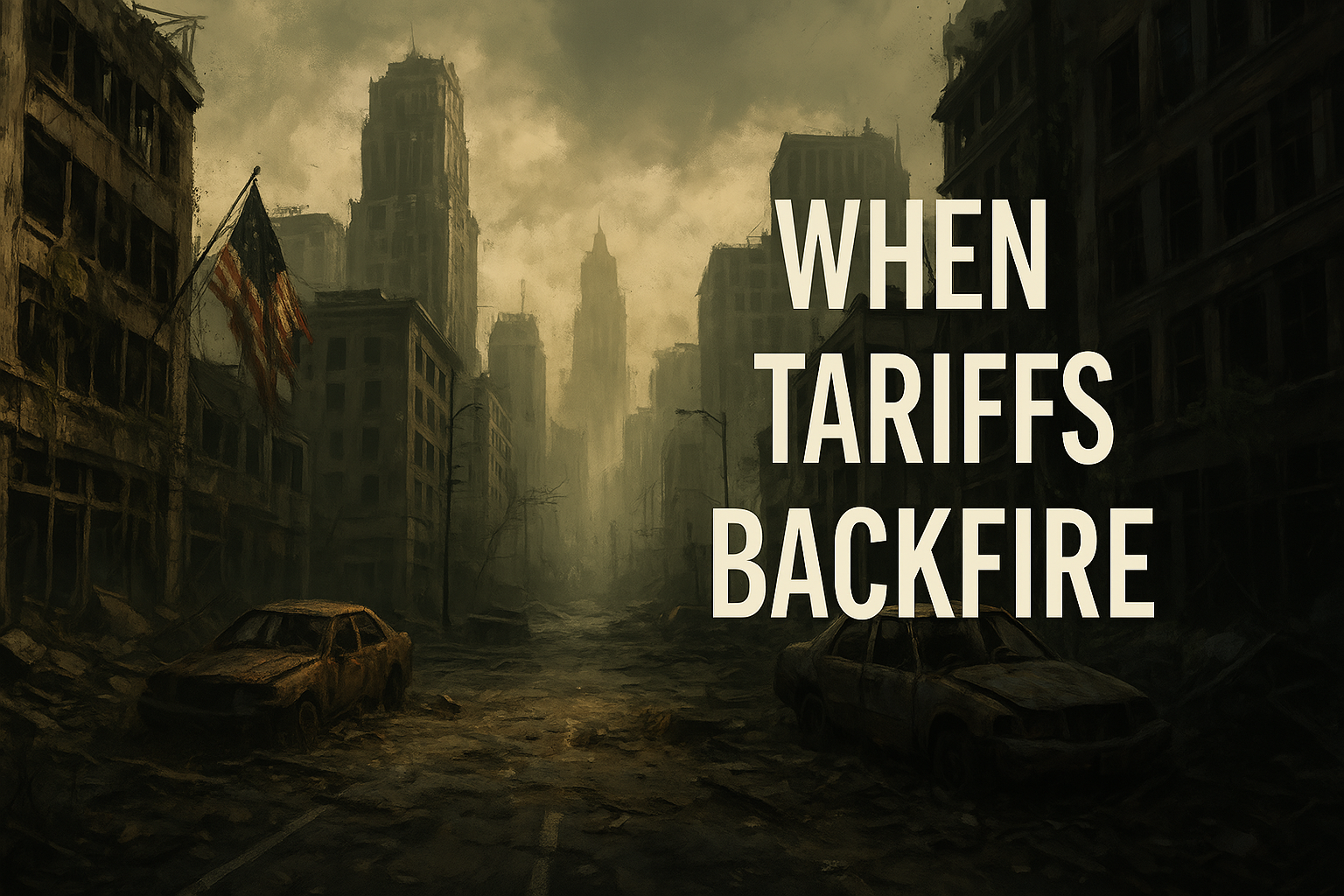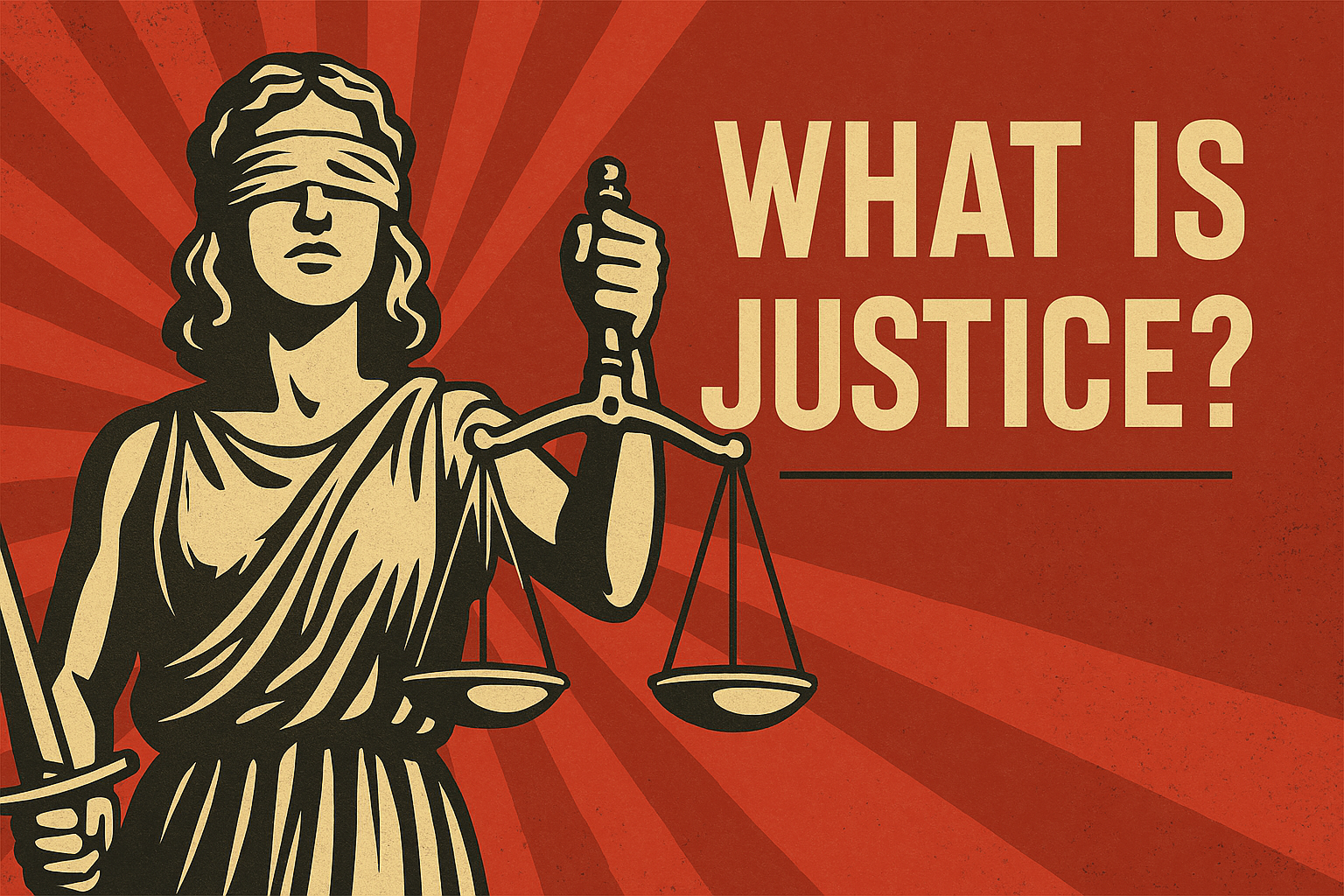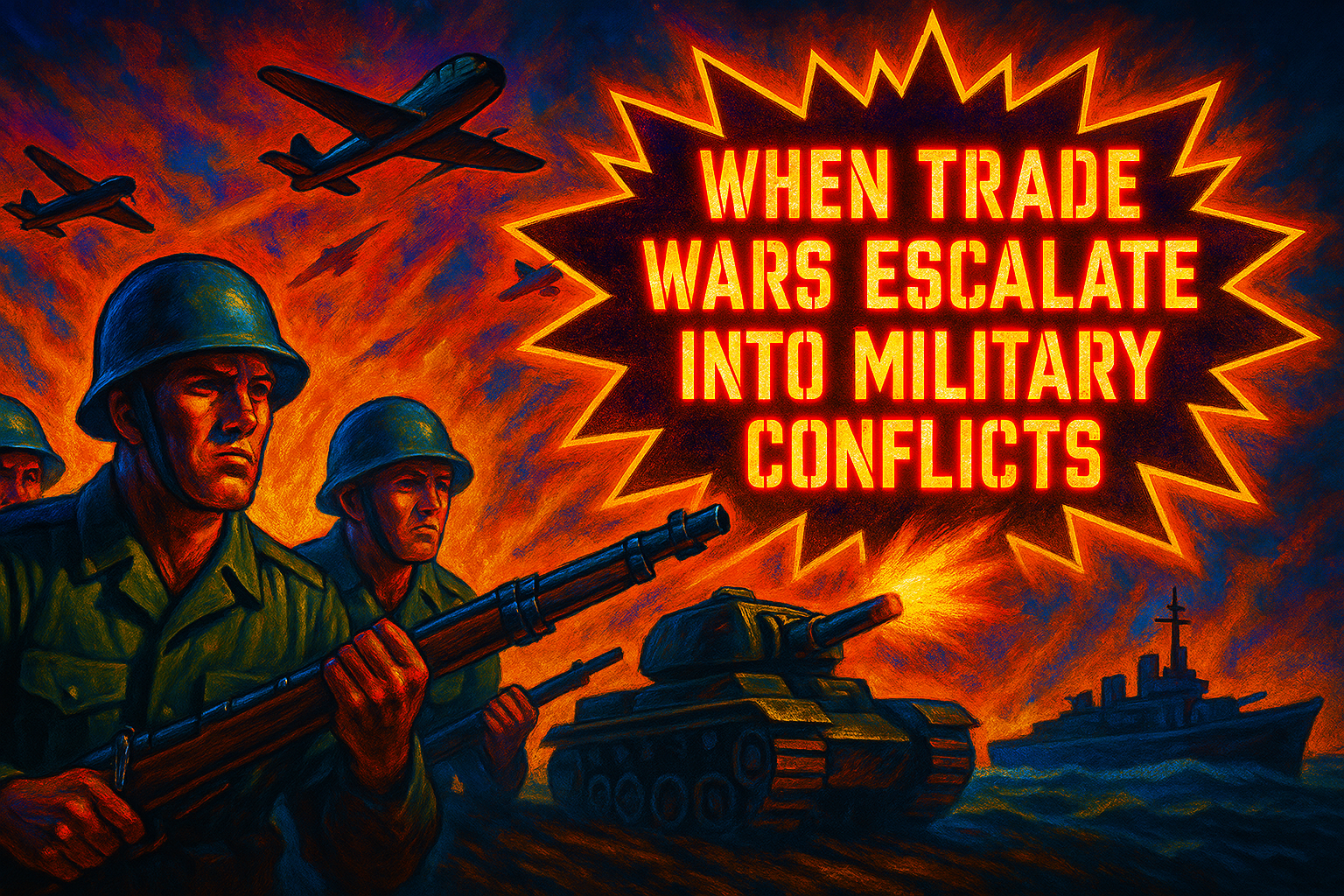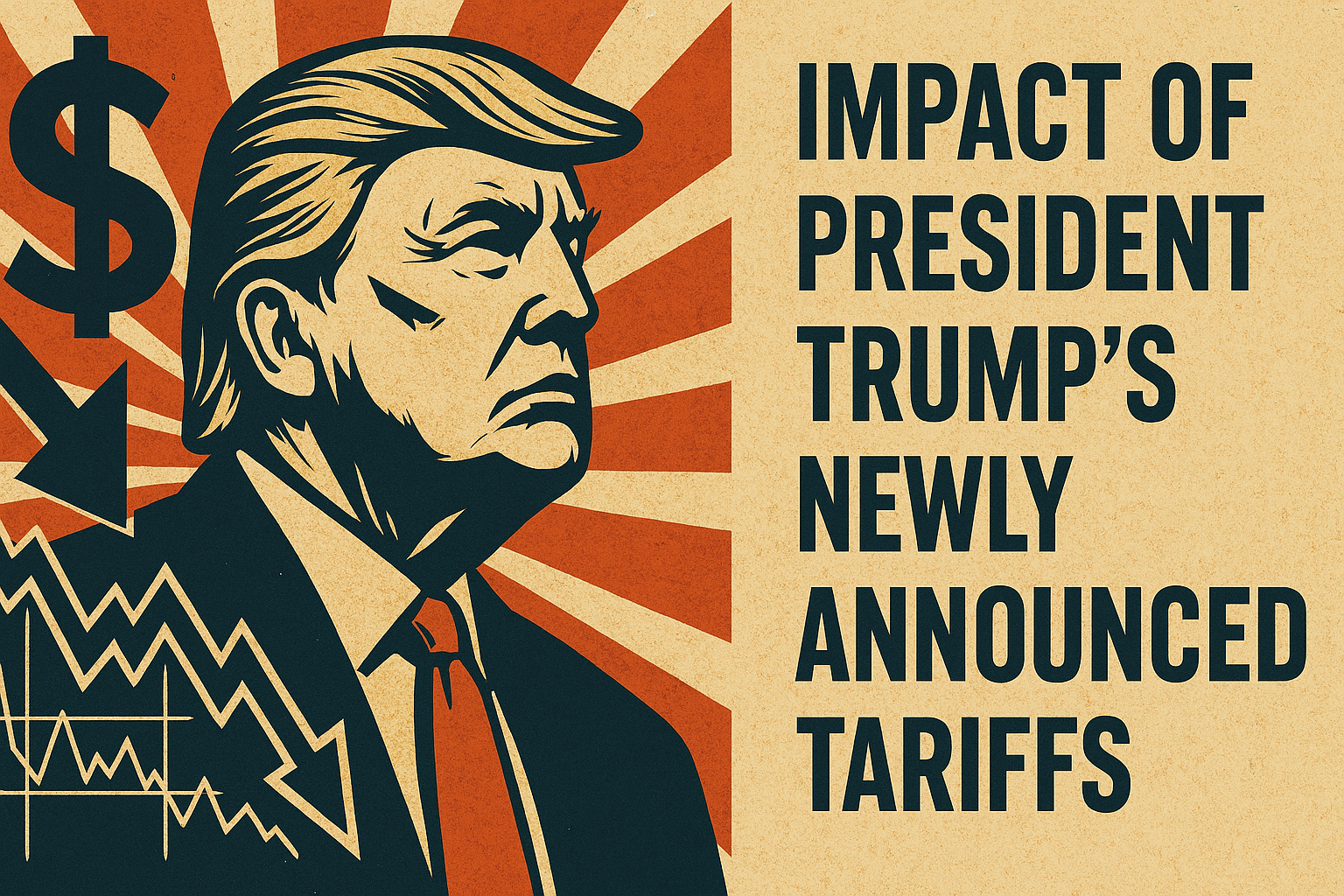Donald Trump’s 1987 book The Art of the Deal remains one of the most well-known works associated with his personal brand and business philosophy. The book presents his approach to negotiation, risk-taking, and public relations, offering insight into how he navigates deals and challenges. These ideas carried through into his political life and continued to shape his decisions and communication style. During his second term as president, observers noted many parallels between the strategies outlined in the book and his actions in office.
Trade War
This category includes all articles published on the website in chronological order, encompassing the full scope of content across the platform. It features coverage of economic conflicts between nations, including the use of tariffs, sanctions, export controls, and other trade-related measures. Articles span foundational concepts, briefings, reviews, and in-depth analysis, providing a comprehensive view of global trade tensions and their broader economic impact.
Tariffs in the Roman Empire and Modern Parallels to U.S. Tariff Policies under Donald Trump
The Roman Empire maintained one of the most extensive and organized economies of the ancient world. Trade and taxation played central roles in its financial administration, and tariffs were an essential tool in regulating commerce, generating revenue, and protecting certain economic interests. While the economic structure of the Roman Empire differs significantly from that of the modern United States, some comparisons can be made between Rome’s approach to trade duties and more recent American policies, particularly those enacted during the administration of Donald Trump. These comparisons offer perspective on the motivations behind tariffs and the potential outcomes they can produce.
Trump and Musk’s Fort Knox Fiasco: Is America’s Gold Gone for Good?
Donald Trump and Elon Musk raised the idea of auditing or inspecting the U.S. gold reserves at Fort Knox earlier this year, around February 2025. Trump expressed intentions to “make sure the gold is there,” suggesting a physical check of the depository, while Musk fueled the conversation on X by questioning who verifies the gold’s presence and proposing a live-streamed walkthrough. This stemmed from long-standing public curiosity and conspiracy theories about whether the 147.3 million ounces of gold (as officially reported by the U.S. Mint) are still intact.
Consequences: When a Country Abandons Treaties and Partnerships
When a country chooses to step away from treaties and partnerships with other nations, the effects ripple across political, economic, and social landscapes. These agreements—whether they involve trade, defense, environmental protection, or diplomacy—serve as the backbone of international cooperation. Walking away from them doesn’t happen in a vacuum; it triggers a chain of consequences that can reshape a nation’s place in the world and its relationships with others. This article examines what unfolds when a country stops honoring these commitments, focusing on the practical outcomes in a straightforward way.
How the White House Calculates Reciprocal Tariffs
Reciprocal tariffs are a key tool in U.S. trade policy, intended to address uneven trade relationships with other countries. The White House uses a method centered on trade deficits to set these tariffs, aiming to balance the flow of goods between the U.S. and its trading partners. This article objectively explains the process in plain terms, detailing how these tariffs are determined and what drives the calculations.
When Tariffs Backfire: The Role of Trade Wars in Triggering Economic Slowdowns
Economic downturns take different shapes and have wide-ranging effects on countries, businesses, and households. Among the most commonly discussed types of downturns are stagflation, recession, and depression. Each describes a different set of conditions, and each may result from different causes—one of which can be trade wars. When nations impose tariffs or other trade restrictions on one another, the effects can ripple through the global economy and influence these broader economic patterns.
What Is Justice?
Justice is a concept that has been central to societies throughout history. It reflects ideas about fairness, equality, and proper treatment of individuals. While different cultures and legal systems may interpret justice in distinct ways, it generally refers to the process of determining what is right and ensuring that individuals receive what they are due, whether that means protection, punishment, or reward.
When Trade Wars Escalate Into Military Conflicts
Trade wars are conflicts between nations driven by economic disagreements, usually involving tariffs, sanctions, or other barriers to trade. While most trade disputes remain confined to economic and diplomatic channels, there are rare occasions when they tip over into military action. The shift from economic rivalry to armed conflict doesn’t happen overnight. It builds over time through a mix of strategic miscalculations, heightened nationalism, and perceptions of existential threat.
Impact of President Trump’s Newly Announced Tariffs
On April 2, 2025, President Donald Trump signed an executive order imposing a 10% tariff on all imports into the United States, with higher rates for certain countries: 20% on the European Union, 24% on Japan, 34% on China, and 46% on Vietnam. The administration asserts that these tariffs aim to bolster American manufacturing and address trade imbalances.

